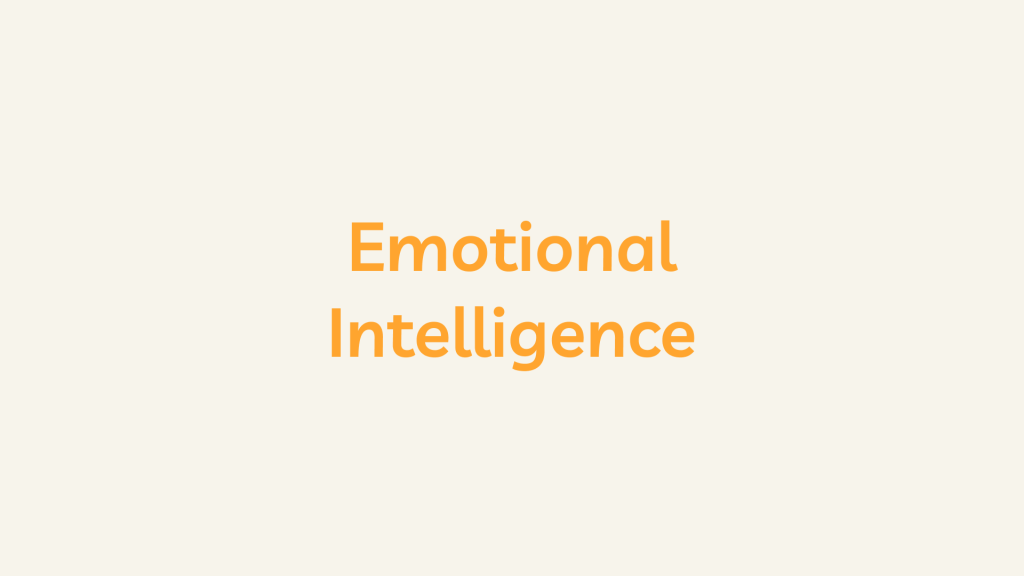What is Emotional Intelligence?
Emotional intelligence (EI) refers to the ability to recognize and manage one’s own emotions, as well as the emotions of others. It involves perceiving, understanding, and regulating emotions effectively in oneself and others. Emotional intelligence is a critical skill in personal and professional life, impacting communication, decision-making, problem-solving, and relationship-building.
Here are some key components of emotional intelligence:
- Self-awareness: The ability to recognize and understand one’s own emotions, strengths, weaknesses, and values. This involves being honest with oneself and taking responsibility for one’s own feelings and actions.
- Self-regulation: The ability to manage one’s own emotions and behaviors effectively. This involves controlling impulses, adapting to changing circumstances, and remaining calm and focused under pressure.
- Motivation: The ability to set goals, persist in facing challenges and work towards achieving one’s objectives. This involves having a sense of purpose and a passion for what one does.
- Empathy: The ability to understand and respond to the emotions of others. This involves recognizing and respecting the feelings and perspectives of others, even if they differ from one’s own.
- Social skills: The ability to communicate effectively, build relationships, and work collaboratively with others. This involves developing and maintaining positive relationships, resolving conflicts, and inspiring and influencing others.
Emotional intelligence can be developed and strengthened over time through practice and self-reflection. Some strategies for improving emotional intelligence include:
- Mindfulness: Practicing mindfulness meditation can help individuals become more aware of their emotions and learn to regulate them more effectively.
- Self-reflection: Reflecting on one’s emotions and experiences can help individuals better understand themselves and others.
- Active listening: Focusing on what others say and understanding their perspective can help individuals develop empathy and improve communication skills.
- Feedback: Seeking feedback from others can help individuals identify areas for improvement and develop a greater awareness of their strengths and weaknesses.
In conclusion, emotional intelligence is a critical skill for personal and professional success. By developing self-awareness, self-regulation, motivation, empathy, and social skills, individuals can improve their ability to navigate the complexities of interpersonal relationships and achieve their goals.
